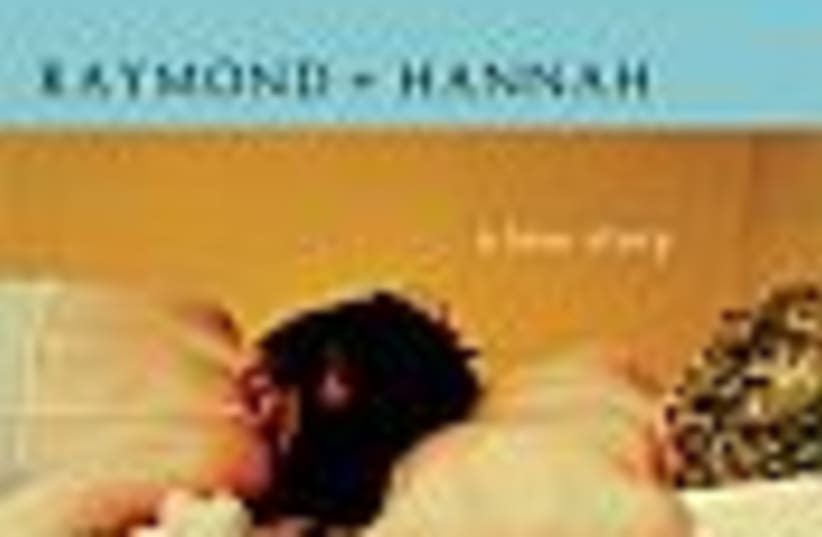Every few years, a popular piece of criticism sets the literary world abuzz. Jonathan Franzen's essay "Perchance to Dream" (1996) and B.R. Meyers's "A Reader's Manifesto" (2001) are two recent examples. Earlier this month, we were treated to another: Ben Marcus's article in Harper's, "Why Experimental Fiction Threatens to Destroy Publishing, Jonathan Franzen, and Life as We Know It."
In this essay, Marcus defends experimental fiction against those, like Franzen, who eschew "difficult" literature and proclaim an exclusive allegiance to realism.
"Franzen has argued," writes Marcus, "that complex writing, as practiced by writers such as James Joyce and Samuel Beckett and their descendants, is being forced upon readers by powerful cultural institutions (this is me scanning the horizon for even the slightest evidence of this) and that this less approachable literature, or at least its esteemed reputation, is doing serious damage to the commercial prospects of the literary industry."
As the ironic tone suggests, Marcus doubts Franzen's premise, but ultimately, Marcus's defense of experimental fiction is a greater contribution than this snarky dismissal.
Marcus is not interested in difficulty for its own sake. Rather, he is intrigued by the possibilities of language. For him, a writer who limits himself to simple sentences in the realist tradition limits his ability to communicate. Readers might find realism easier, but according to Marcus, one's linguistic capabilities can be exercised and improved. A reader may initially have difficulty decoding James Joyce, but with practice it's possible, and the new aptitude will open up literary experiences that were previously unavailable.
Marcus's argument is compelling, and I was happy to have it reaffirmed by Stephen Marche's Raymond + Hannah (Doubleday Canada; Harvest Books, January 2005), a wonderful, if flawed, debut novel.
Raymond + Hannah has a simple premise. A week before leaving Toronto to study at a yeshiva in Jerusalem, Hannah - a secular Jew, meets Raymond - a secular Christian, and the two twenty-somethings initiate a week-long affair, which ends with "I love yous" and commences a relationship that continues despite the physical distance and religious differences.
For most of the book Raymond and Hannah are separated, and though these sections are breezy enough, they pale in comparison to the parts where the lovers interact in person. Marche is very conscious of how our experience of language affects our experience of literature. Raymond + Hannah unfolds in impressionistic vignettes, often several to a page, and each accompanied by a special title. Though Marche's grammar is often straightforward, at times it rushes forth with a poetic and allegorical edge.
Raymond + Hannah is not for the sexually prude. The novel's libidinous strands are by no means gratuitous, but they are sometimes graphic. They also contain some of the most wonderful writing in the book - dare I say in any book I've read this year - as they condense the thrill, confusion, and intensity of Raymond and Hannah's relationship. Take this scene, entitled "Picking Up":
"Secrets about sex. Both Raymond and Hannah recognize that the only way to pick up is to exchange secrets of a sexual nature. What other women do and do not do. Male fears and disgusts. Questions of etiquette: flirtation, penetration, deviation. Betray the past bit by bit. Kiss to tell to kiss. A woman who would never lie down. A man who always, without fail, brought fruit to bed. Strawberries. Pineapples."
Here, Marche's writing blurs the line between poetry and prose. Rules of grammar are broken, not indiscriminately, but to facilitate the evocation of plot and mood. Could Marche have achieved similar ends with more traditional prose? Perhaps. But our experience of the characters - and the English language - would suffer for it.
The experimental fiction lauded by Ben Marcus is often epic in scope. Raymond + Hannah is not. It is a slim volume and in many ways, a simple one, but it supports Marcus's claims about the immense possibilities of language.
| More about: | Samuel Beckett, James Joyce, Jerusalem, Toronto |
